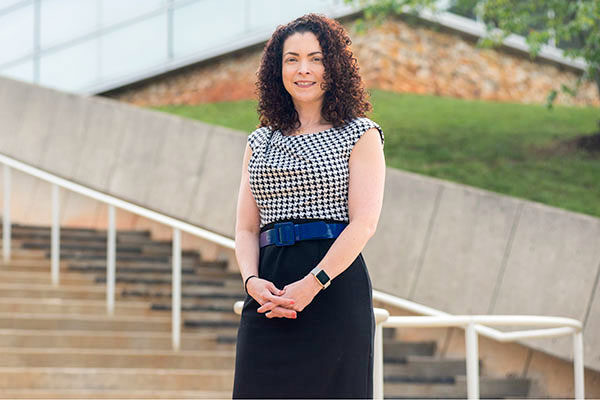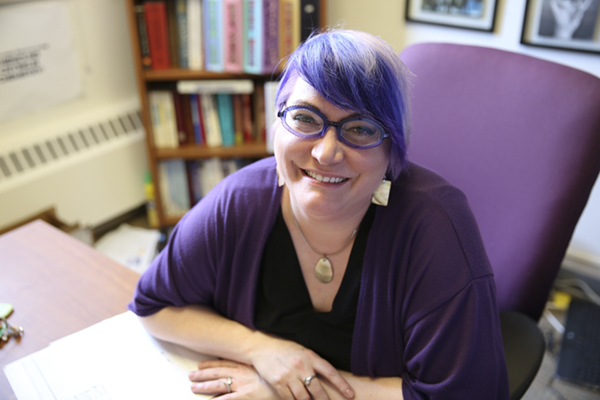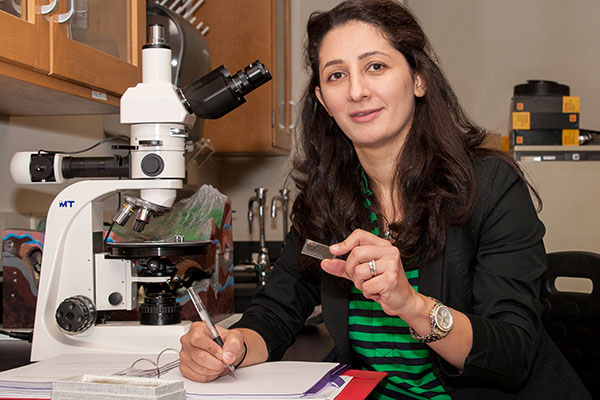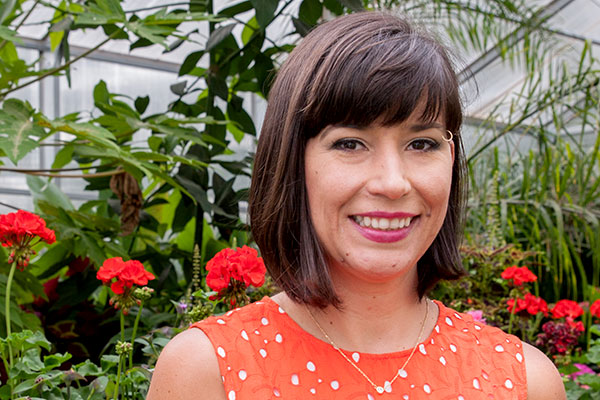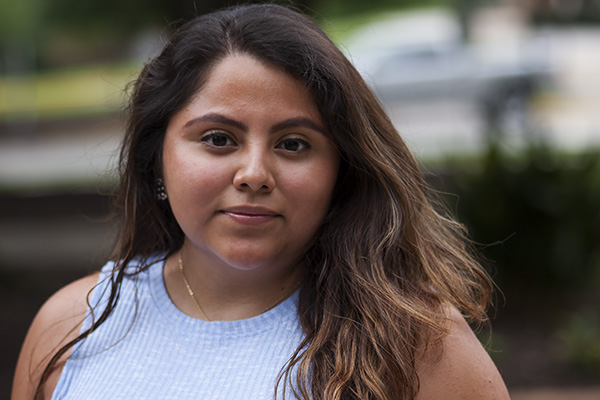Caroline Brown
Academic success and research were a major part of Caroline Brown's story at the University of North Georgia (UNG).
Brown was accepted into the National Science Foundation (NSF) Graduate Research Fellowship Program (GRFP), worth a total of $134,000 for her graduate research endeavors. Brown, who began a doctoral program at Yale University after graduating from UNG, is the first student to win the award while enrolled at UNG.
She was a Goldwater Honorable Mention, an award given to college students in natural sciences, engineering and mathematics in the United States. She also took part in a NSF Research Experience for Undergraduates (REU) at the University of Minnesota.
She worked as part of a Faculty Undergraduate Summer Engagement (FUSE) grant with Dr. Yu Wang, assistant professor of chemistry at UNG. She was UNG's honoree at the University System of Georgia's (USG) Academic Recognition Day.
Brown recently moved north for a doctoral program at Yale University. The Carrollton, Georgia, native earned a degree in chemistry with a concentration in biochemistry. Brown said her interactions with faculty was a constant through each of those successes.
"That's made all the difference in my education," Brown said. "They take a vested interest in their students, in preparing them and encouraging them and equipping them for the next stage of whatever they choose to do."
In a similar way, Brown passed on the knowledge she has gained to younger students. She helped them with scholarship applications and shared older students' successes as president of the Honors Program.
An NSF Scholarship in Science, Technology, Engineering and Mathematics (S-STEM) Scholar, Brown started out as a biology major before dipping her toes into biochemistry research with Wang. She was hooked. Brown chose a new major: biochemistry.
"It's a really nice cohesion between the two fields I like," Brown said. "If I can combine them, that's the best of both worlds."
The focus of Brown's research at UNG was enzymes. Brown was one of the few undergraduate students invited to present her research at a conference at Rice University in Houston, Texas. Most have to apply. She also shared this work at the American Chemical Society national meeting March 31 through April 4, 2019, in Orlando, Florida.
She spent a summer doing some Alzheimer's disease research, which she would like to explore more at Yale. She is intrigued by the idea that most medical treatments tackle such a small portion of a disease.
"Disease is fascinating in how it works. We don't understand well how it works," Brown said. "That's the issue with a lot of our treatments."
She hopes to learn more about diseases at a molecular level to help create better treatments.
Brown applied to eight competitive graduate programs, including the University of Washington. She said she applied to Yale on a whim.
"Never in a million years did I think they would consider me," Brown said. "All of the 12-hour days in the lab over the summer paid off. My hard work actually amounted to something and turned into something that's tangible and real. It was super rewarding."
